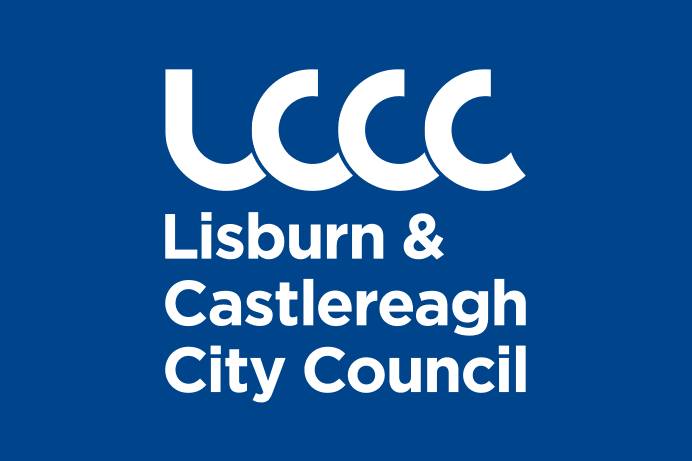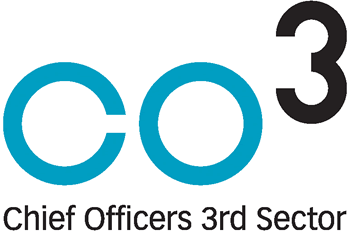The gift of giving and receiving feedback
Giving and receiving feedback. Probably the only gift that almost no-one looks forward to! Why is that sometimes we’d just prefer to plough on and deliver the presentation cold than to seek honest feedback from someone close to us? Or to let a team member continue to make the same glaring errors rather than give feedback on their performance? Even though it is definitely harming their career progression.
Why do we avoid giving and receiving feedback?
Well, the reasons are often all too human. Here are my thoughts:
1. Fear of Conflict: Giving feedback can lead to uncomfortable conversations. Wouldn’t you rather avoid the possibility of tension or conflict?
2. Fear of Rejection: If you receive honest feedback and they tell you that you’re falling short, who wants to hear that? You may not be ready for that vulnerability.
3. Lack of Skills: Could it be that you haven’t yet learnt how to give constructive feedback? Giving and receiving feedback is a skill. And like any skill it can be learnt.
4. Fear of Judgement: Let’s face it, we’ve all worked for That Person. The one who delighted in finding Opportunities for Improvement that really were about their own insecurities as you felt judged with every word they spoke.
5. Too General. How about the experience of my client Maria? After what should have been a confidence-boosting promotion, Maria has started to doubt herself in a way that she never did before. Her new director is in the habit of giving feedback in the form of sweeping generalisations without any specific guidance or ideas for improvement. After meetings that she feels went well, her hearts sinks when she gets feedback like ‘I heard they won’t be supporting your suggestion about X’, ‘people don’t think your ideas are going to work’ or even more personal, ‘they said you talk too much’. It leaves Maria feeling like she has no control over her own destiny, so she’s started to hold back from contributing her ideas at managment forums. When you want to build a team that’s empowered to take intiative, feedback like this is completely counterproductive.
5. Company Culture: Some workplaces may not be open to growth. Your company leadership may not yet have embraced a growth mindset, making feedback feel like criticism and judgement rather than a tool for growth and development.
Overcoming these challenges in giving and receiving feedback begins with a supportive culture. But that alone is not enough. It often involves training on feedback skills, emphasizing its importance in personal and professional development and supporting leaders in the willingness to be vulnerable.
Benefits of a feedback culture
Firstly and most obviously, a feedback culture fosters personal growth and development. Receiving feedback provides people in your teams with valuable insights into their strengths and areas for improvement. This self-awareness is a powerful catalyst for personal growth and skill enhancement. When your people are your greatest asset, can you imagine the power of having them grow in confidence day by day?
Secondly, it strengthens relationships. Effective feedback is a cornerstone of healthy communication. When you foster an environment where people can openly share their thoughts and feelings constructively, it builds trust and mutual understanding, leading to stronger relationships and more productive collaborations.
Thirdly, it enhances performance. Constructive feedback offers a roadmap for improvement. It helps individuals identify specific actions to enhance their skills, boost their efficiency, and achieve better results.
Four. Feedback is a vital compass in navigating change. It offers reassurance by acknowledging progress and provides course corrections when needed. It helps people to adapt, learn from experiences, and stay motivated during periods of uncertainty, making change more manageable and ultimately more successful. In todays fast-paced world, the only constant is change, making feedback a key tool for any thriving organisation.
Lastly, it drives organisational success. In a professional context, feedback fuels continuous improvement, leading to higher productivity, innovation, and overall success. When your people embrace feedback as a tool for growth, it creates a culture of excellence that benefits the entire organisation.
In essence, giving and receiving constructive feedback is a skill that empowers people to reach their full potential and thrive. If you’re interested in creating a culture of growth in your organisation, click here to learn more about the Bespoke Communications ‘Giving and Receiving Feedback’ course.
If you've enjoyed reading about Communication Skills then you might be interested in attending a course.











































